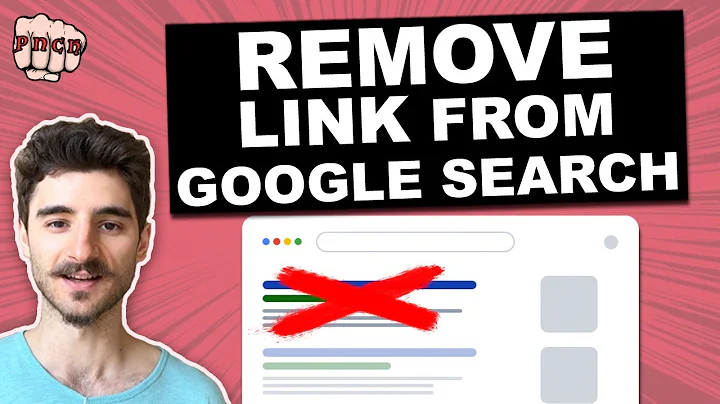How does removing pages from a site affect Google SEO?
Providing the handling of the removal of pages has been carried out appropriately, then there are no negative repercussions from this, as @John Conde states.
Removing key pages on your website (or changing the URL of them) that carry out authority and pass significant weight to other pages without 301 redirecting them or ensuring any authority/weight is maintained on a publicly accessible page on your website can, of course, result in a negative effect in how your website performs (ranks) in search.
But in the example you specified (discontinued product pages), if those pages don't possess any real weight, and you have no plans to reintroduce these products as a later date, then simply serving a 404 response for these pages is the most practical way of handling these. Better still, you could customize your 404 error page to cater for the visitors that may land on this page.
Furthermore, if you need to remove these pages from Google's index quickly and manually (in the event that there are links that point to these discontinued product pages), then you can request the removal of these pages in Google within Google Webmaster Tools (which one can only imagine, is what your client was trying to get at).
Related videos on Youtube
Robert Harvey
I have been a software developer for many years. I have written software for NASA, developed a Practice Management program for CPA's, and have worked at a compliance management company doing cutting-edge work in C#, WPF and Aurelia. I am a strong believer in code clarity and simplicity.
Updated on September 18, 2022Comments
-
Robert Harvey over 1 year
I have been told by one of my clients that Google must be notified if you intend to remove pages (e.g. discontinued product pages) from a site, because Google will penalize your search results if you remove those pages without notifying them. Is that true? I thought that Google would simply update its search results on the next crawl.
He also says that there is a way to create a diff of the old sitemap file and the new sitemap file, and submit that to Google as the notification of deleted pages. Is any (or all) of this really necessary, and will it affect his SEO either way?
I have control over the website programming (it is an ASP.NET MVC 1.0 site). Should I just mark deleted pages in the database, and make them respond with
410 gone, as described here?-
 Admin over 10 yearsWould
Admin over 10 yearsWould404be OK as well? It would be much easier to just let the pages evaporate than it would to track the removed ones. -
 Admin over 10 yearsThat would work just as well. Both will result in the page being removed from Google's index.
Admin over 10 yearsThat would work just as well. Both will result in the page being removed from Google's index.
-
-
Robert Harvey over 10 yearsI don't really understand your answer at all.
-
 zigojacko over 10 years@Vasile Bogdan: There is no requirement / necessity for a sitemap at all, these are only really worth worrying about if search engine crawlers are experiencing difficulty crawling a website due to complex hierarchy and navigation. But aside from the inaccuracy in your answer to the specific example given in the question and the evident errors in your English, your answer is not explained well nor is very clear, meaning it serves no value to anyone else that may view this question's answers...
zigojacko over 10 years@Vasile Bogdan: There is no requirement / necessity for a sitemap at all, these are only really worth worrying about if search engine crawlers are experiencing difficulty crawling a website due to complex hierarchy and navigation. But aside from the inaccuracy in your answer to the specific example given in the question and the evident errors in your English, your answer is not explained well nor is very clear, meaning it serves no value to anyone else that may view this question's answers... -
 Corporate Geek about 6 yearsFrom my personal experience, Google hates 404 error pages. If you have too many 404 error pages your site will underperform. It is better to redirect to an existing page or to return 410 errors, which mean “content deleted” and are thus more specific.
Corporate Geek about 6 yearsFrom my personal experience, Google hates 404 error pages. If you have too many 404 error pages your site will underperform. It is better to redirect to an existing page or to return 410 errors, which mean “content deleted” and are thus more specific. -
 Anuvesh over 4 yearsThis does not answer the question. This just states what happened in a particular case. Please describe how this happens. And what is the source that backs this claim?
Anuvesh over 4 yearsThis does not answer the question. This just states what happened in a particular case. Please describe how this happens. And what is the source that backs this claim?



![Remove Page From Google - [How to Remove an URL, Page, Article or Website from Google Search Index]](https://i.ytimg.com/vi/NG4fp7sFTYQ/hq720.jpg?sqp=-oaymwEcCNAFEJQDSFXyq4qpAw4IARUAAIhCGAFwAcABBg==&rs=AOn4CLATtPgBF_VZzfs_5aDuDOwnbikYUQ)
